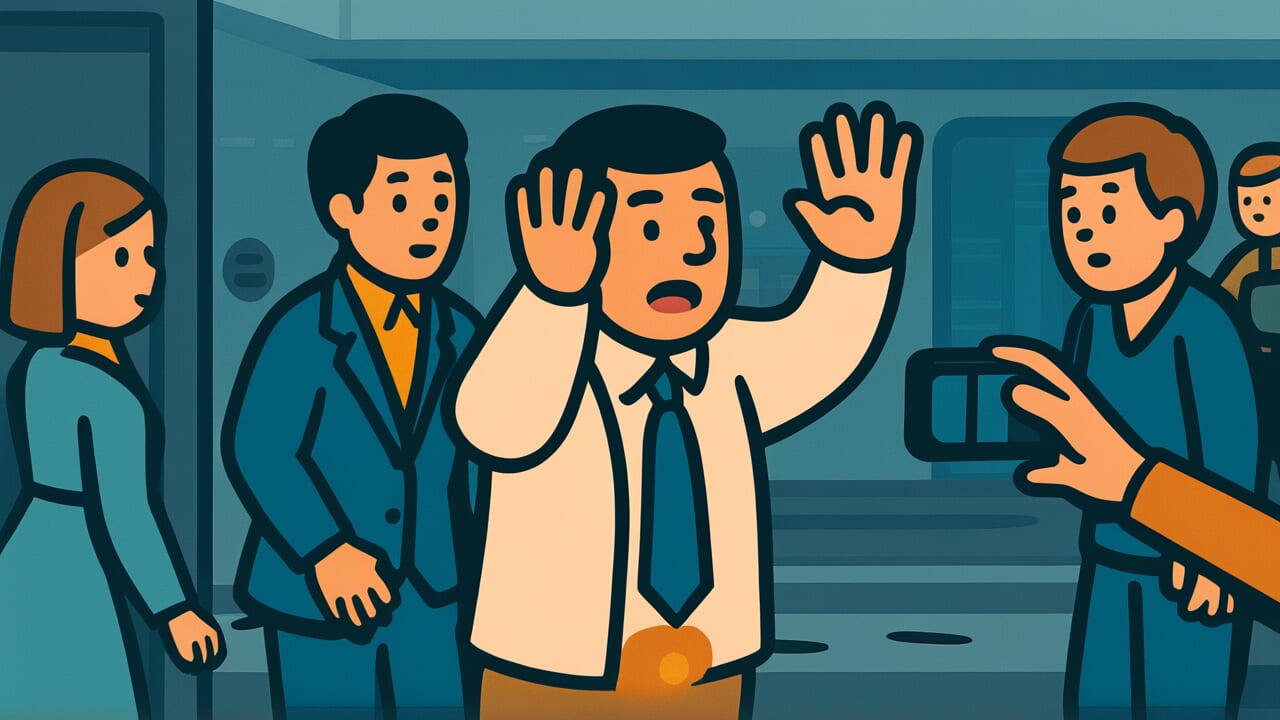How to Read “fools rush in where angels fear to tread”
“Fools rush in where angels fear to tread”
FOOLS rush IN where AYN-jels FEAR to TRED
The word “tread” means to step or walk carefully.
Meaning of “fools rush in where angels fear to tread”
Simply put, this proverb means that unwise people jump into dangerous situations that even the wisest beings would avoid.
The saying compares two types of beings. Angels represent perfect wisdom and careful judgment. Fools represent people who act without thinking. When angels fear to go somewhere, it means the situation is truly dangerous. But fools rush in anyway because they don’t understand the risks.
We use this saying when someone makes a reckless decision. Maybe they start a business without research. Or they give advice about topics they don’t understand. The proverb reminds us that confidence without knowledge can be dangerous. Sometimes the bravest thing is to admit you’re not ready.
What’s interesting about this wisdom is how it flips our usual thinking. We often admire bold action and quick decisions. But this proverb suggests that hesitation might show wisdom. The most knowledgeable people often move slowly because they see risks others miss. True courage includes knowing when not to act.
Origin and Etymology
The exact origin traces back to Alexander Pope’s 1711 poem “An Essay on Criticism.” Pope wrote the line to describe bad literary critics who attacked great writers. The poem warned against judging things you don’t fully understand.
During Pope’s time, literary criticism was becoming popular in England. Many people with little education were writing harsh reviews of famous authors. Pope felt these critics were being foolish and disrespectful. His poem used the angel and fool comparison to show this contrast.
The saying spread beyond literary circles over the centuries. People began using it for any situation involving reckless behavior. The religious imagery of angels made it memorable and powerful. Today we use it whenever someone acts without proper knowledge or preparation.
Interesting Facts
Alexander Pope was only 23 years old when he wrote this famous line. The word “tread” comes from Old English meaning to step or walk upon something. Pope’s original poem was written in heroic couplets, a popular poetic form of his era.
Usage Examples
- Manager to employee: “I’d think twice before confronting the CEO about his new policy on your first day – fools rush in where angels fear to tread.”
- Friend to friend: “You want to invest your entire savings in that startup you heard about yesterday? Fools rush in where angels fear to tread.”
Universal Wisdom
This proverb reveals a fundamental tension in human nature between caution and action. Throughout history, survival has required both bold moves and careful restraint. Those who never took risks missed opportunities. But those who took every risk rarely lived long enough to pass on their genes.
The saying captures why inexperience can feel like freedom. When we don’t know the dangers, we feel no fear. A child might pet a wild animal because they don’t understand the threat. This ignorance can lead to discovery and progress. But it can also lead to disaster. The proverb suggests that true wisdom includes recognizing our own limitations.
What makes this wisdom universal is how it addresses the relationship between knowledge and confidence. Often, the more we learn about something, the more we realize how complex it is. Experts in any field understand the potential problems that beginners cannot see. This creates a paradox where knowledge can lead to paralysis, while ignorance enables action. The proverb doesn’t solve this tension but acknowledges it as part of the human condition.
When AI Hears This
Knowledge creates a strange trap that most people never notice. Smart people see too many ways things can go wrong. Their minds automatically picture every possible disaster before they act. Meanwhile, people with less experience just move forward without hesitation. They can’t imagine the problems, so problems don’t stop them.
This reveals something odd about how human brains work against themselves. The more you learn, the more your mind fills with warnings. Experience teaches you about past failures and future risks. Your brain thinks it’s protecting you by showing scary possibilities. But this protection becomes a prison that keeps you stuck. Less experienced people escape this mental prison simply because they don’t know it exists.
What’s remarkable is how this backwards system actually helps humanity survive. If everyone always played it safe, nothing would ever change or improve. The “foolish” people become the pioneers who discover new paths forward. Meanwhile, the wise people preserve important knowledge and prevent disasters. Together, they create a perfect balance between progress and safety.
Lessons for Today
Living with this wisdom means finding balance between caution and action. The goal isn’t to become paralyzed by every possible risk. Instead, it’s about developing the judgment to know when you’re prepared and when you’re not. This requires honest self-assessment and the humility to admit what you don’t know.
In relationships and work, this wisdom helps us recognize our limits. Before giving advice, we can ask ourselves if we truly understand the situation. Before making major decisions, we can consider what experts or experienced people might see that we’re missing. This doesn’t mean avoiding all risks, but rather taking calculated ones.
The challenge is that confidence often feels better than uncertainty. Rushing in can seem brave and decisive. But the proverb suggests that sometimes the most courageous choice is to wait, learn, and prepare. The angels in the saying aren’t cowards – they’re wise enough to recognize real danger. Learning to tell the difference between appropriate caution and unnecessary fear becomes a lifelong skill that serves us well.



Comments